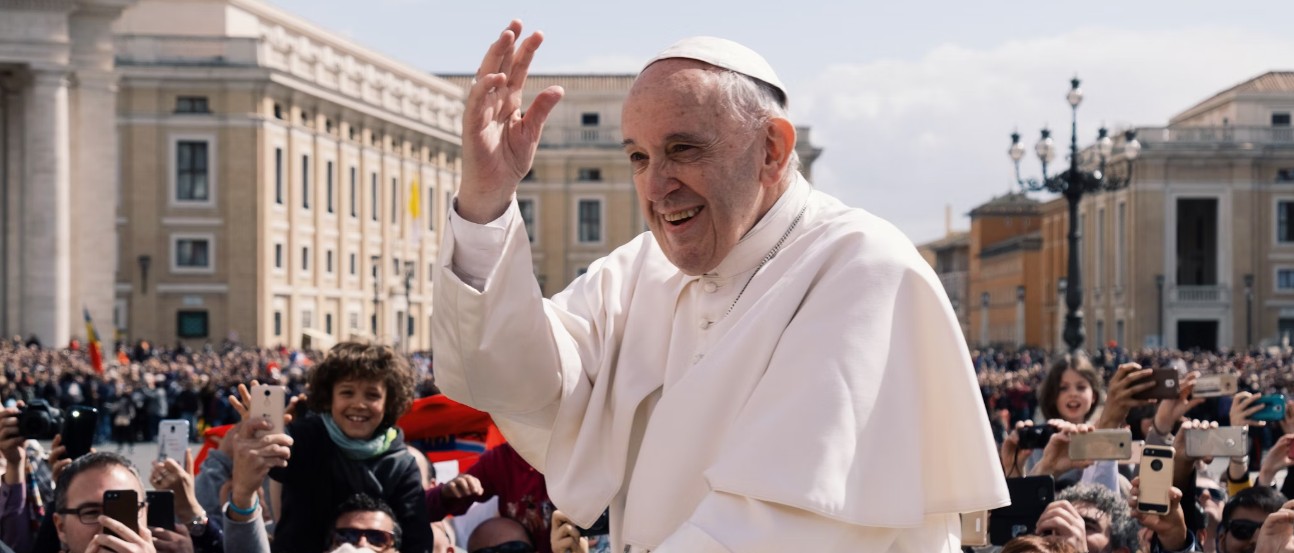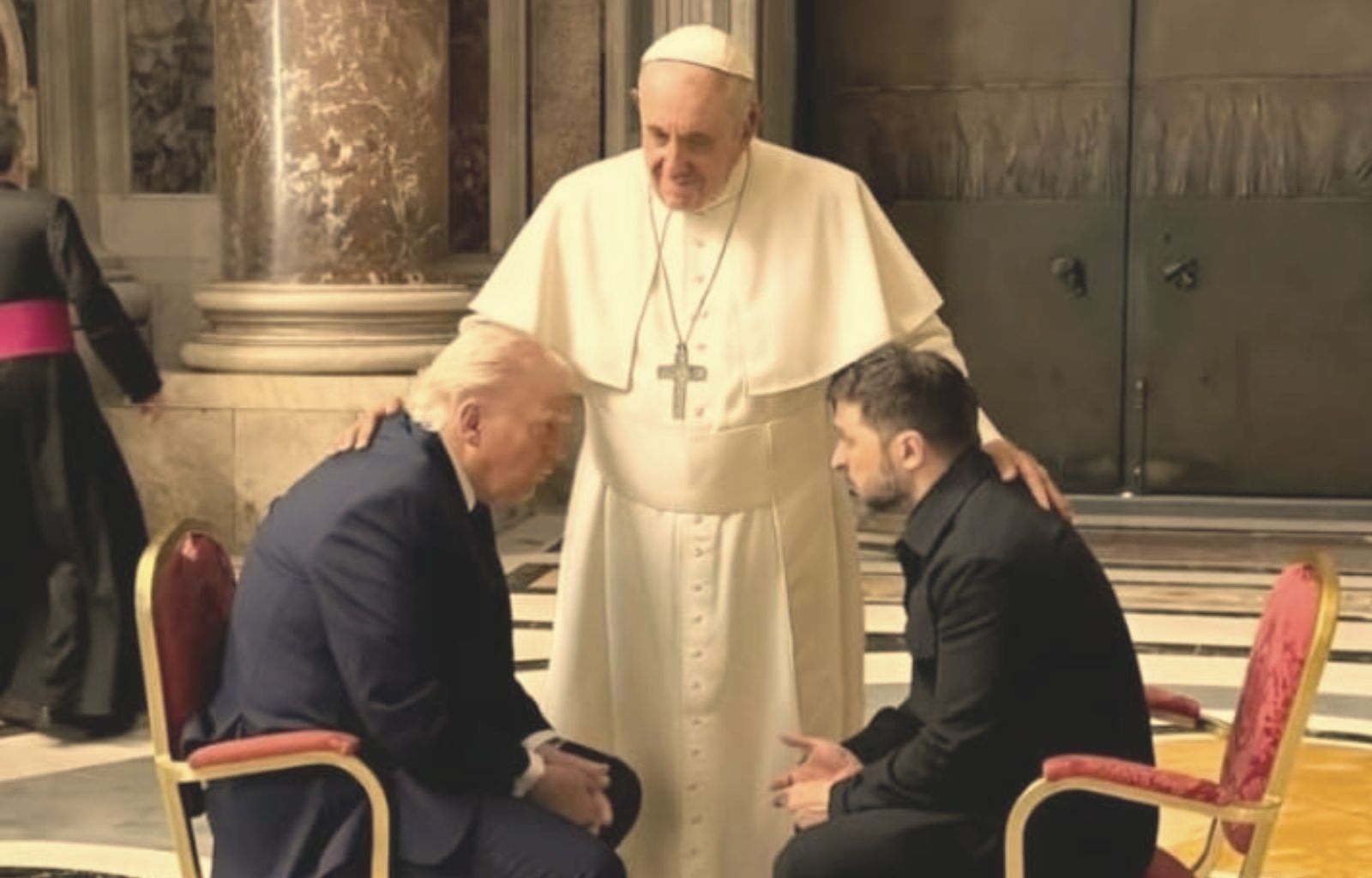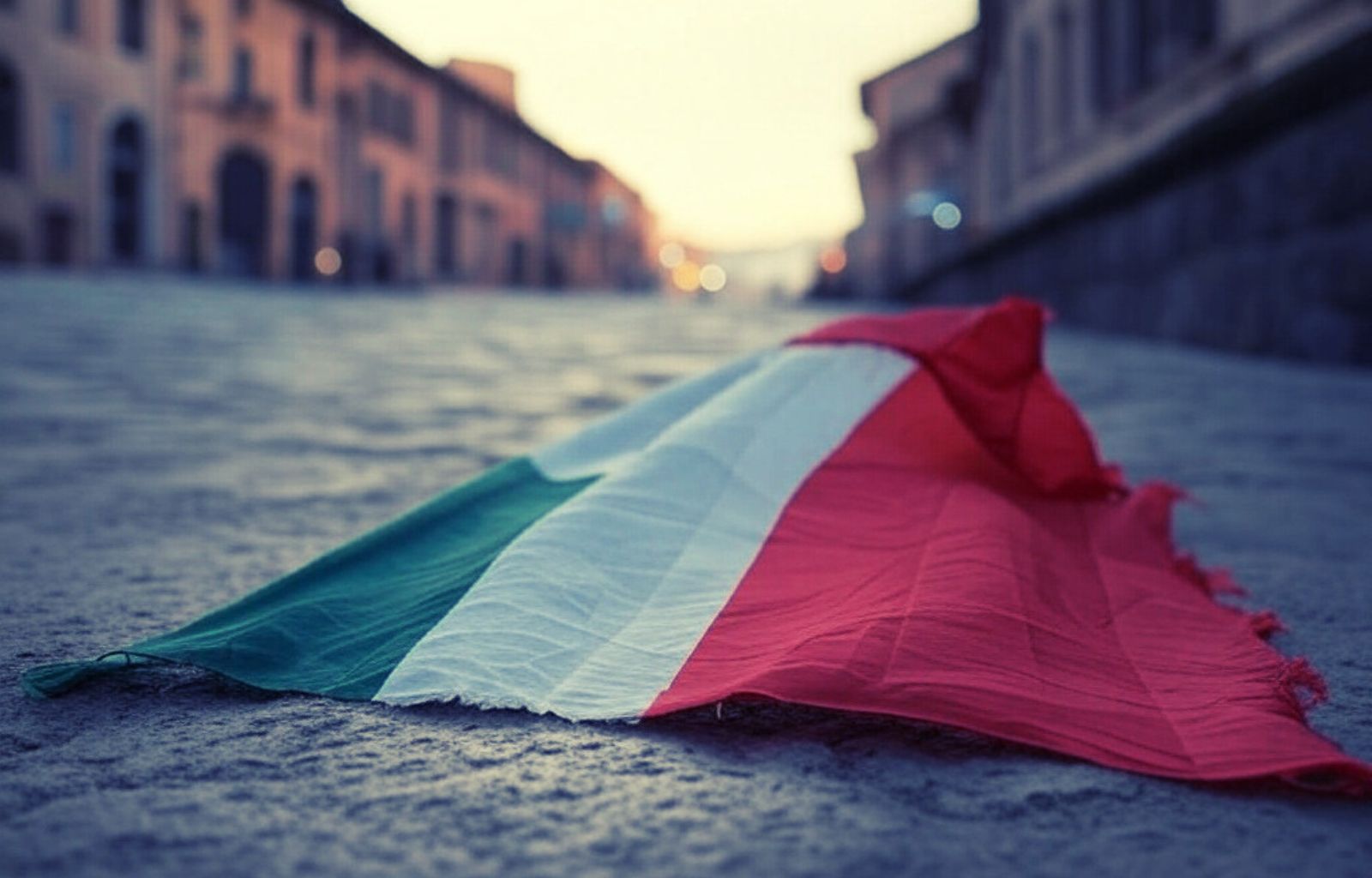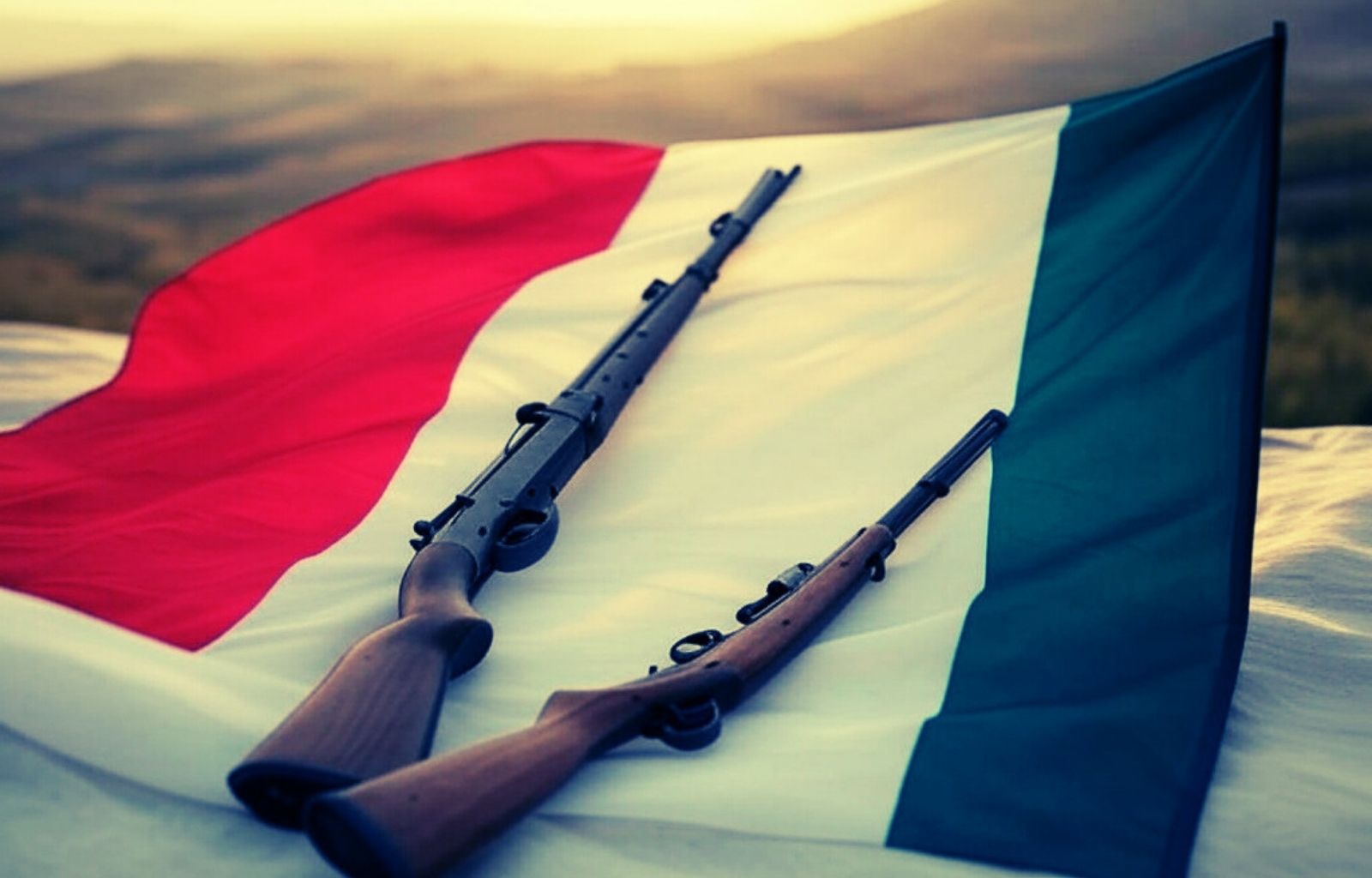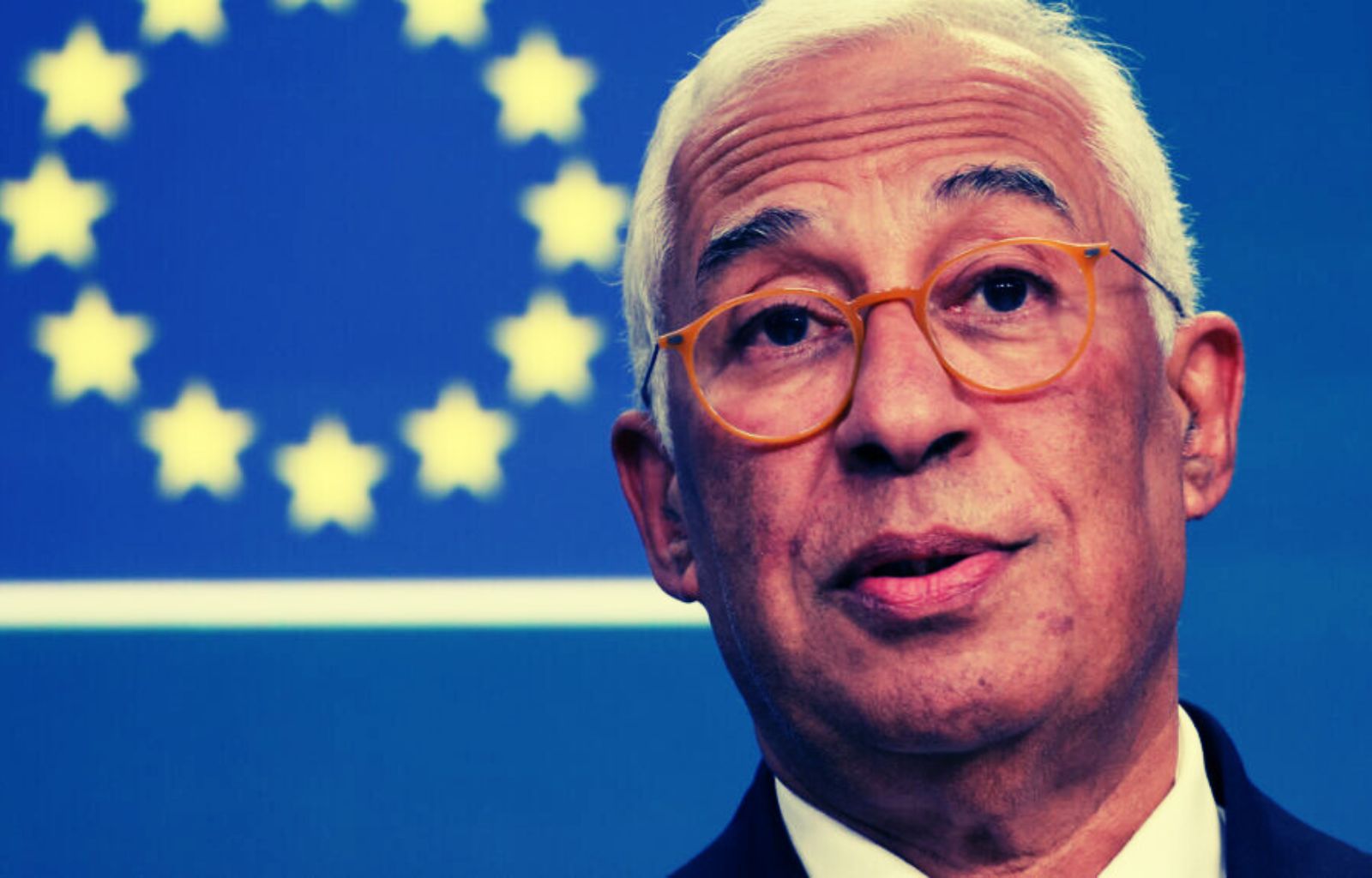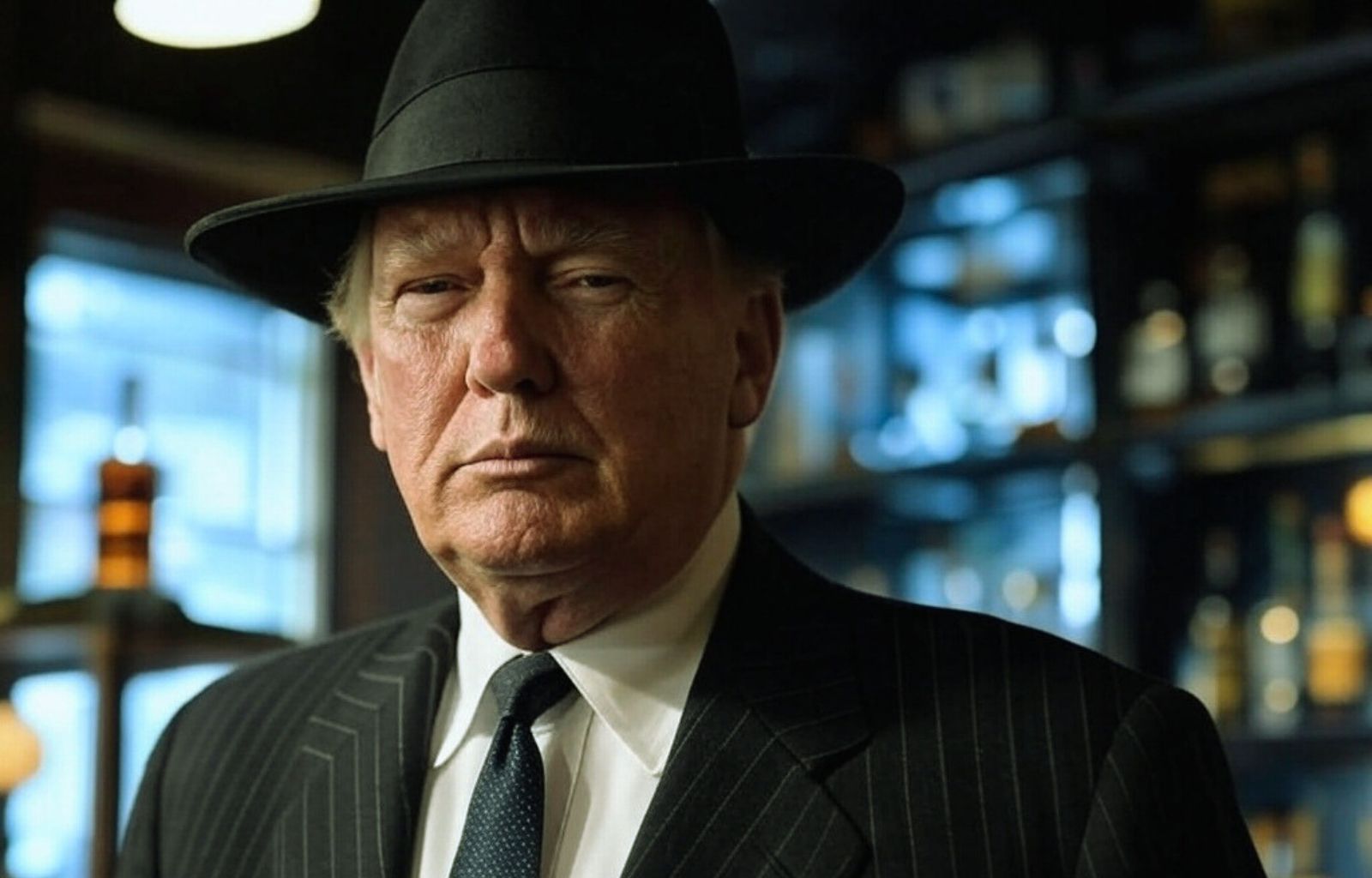Italian supplies for Russian missiles? The shadows of the Cividale case
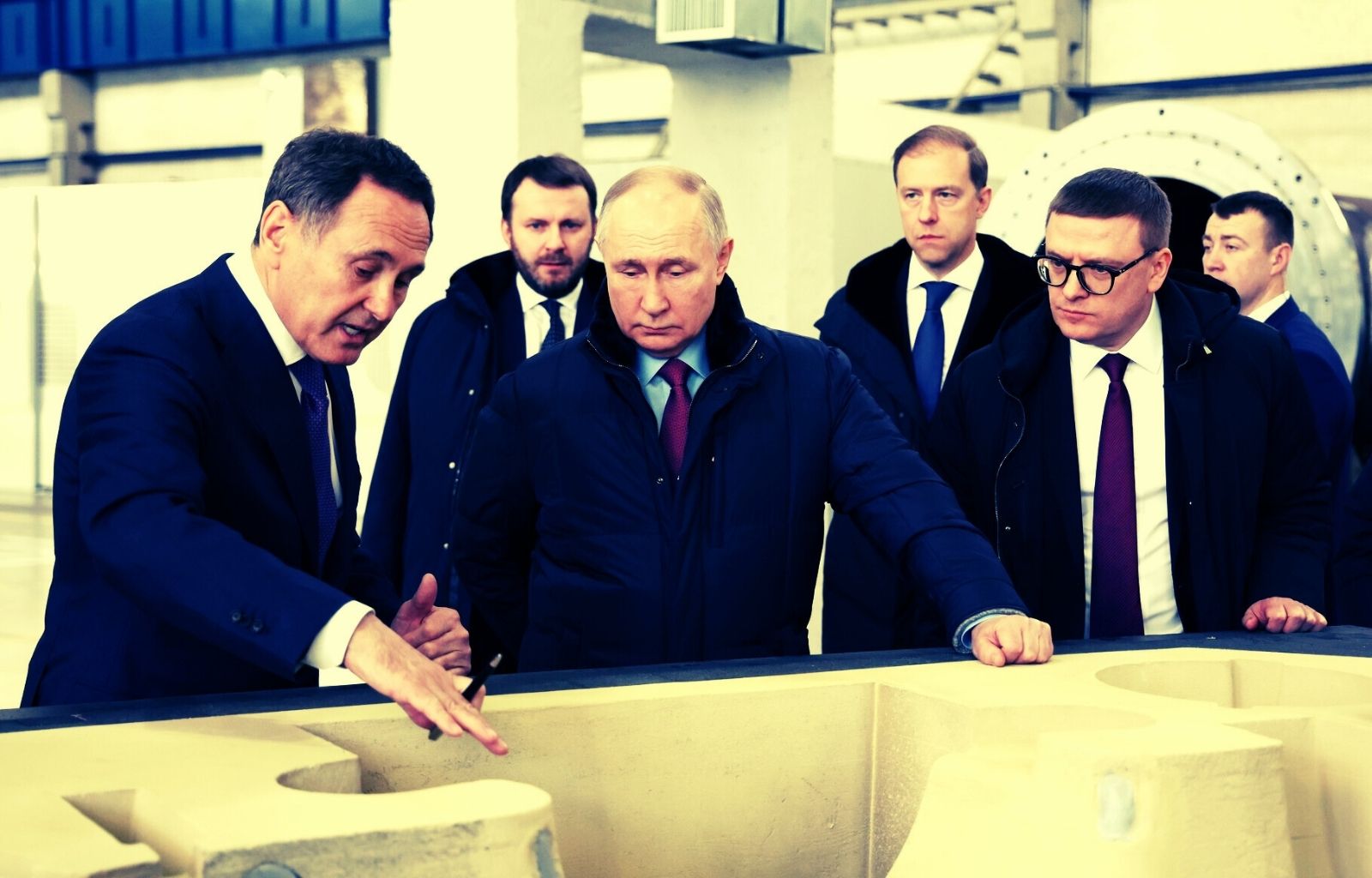
On 8 July 2023, in the centre of the city of Liman, in the Donetsk region of Ukraine, which has been battered by the Russian invasion, a Smerč missile launch by the Russian army resulted in nine civilian casualties and more than ten injured. This is not the first time these cluster rocket launchers have hit populated areas, causing heavy casualties among civilians. This time, however, there is a risk of Italian co-responsibility in the deaths of Ukrainian civilians.
According to an investigation published by Vërstka, in fact, some Smerč components are produced in the Stankomaš industrial park, located in the Russian region of Čeljabinsk. And who still operates in Stankomaš? The Italian company Cividale Spa through one of its subsidiaries, as reported by Vërstka.
The Stankomaš plant was founded in 1935 and was converted to military production during World War II. After the collapse of the Soviet Union, the plant underwent a long period of decline, only to regain vitality in 2014 thanks to its acquisition by the Russian Konar group. According to IRPI Media, the development of Stankomaš was encouraged by the Kremlin, which considers the area a strategic hub for the Russian defence industry. In May 2024, Vladimir Putin reportedly set the goal of converting as many as 850 civil enterprises to military production, many of them located in the Chelyabinsk region.

Italian investment in the heart of the Urals
Cividale Spa, a historic steel company based in the province of Udine, founded a Russian subsidiary called BVK in 2012. It is a foundry plant located in the Stankomaš industrial area. According to IRPI Media sources, the Italian company’s initial investment would have exceeded EUR 4.5 million.
The Stankomaš industrial park, while also hosting some companies dedicated to civil production, includes factories active in military supplies: from components for rockets such as the Smerč, to engineering reconnaissance vehicles and aerial bombs. IRPI Media’s investigations show that BVK – the company of the Civisale group – allegedly concluded supply contracts with Russian defence companies, including Silovye Mašiny (already subject to Western sanctions) and Togliatti’s Metallist, known for its production of arms and ammunition.
InOctober 2024, according to court documents, the BVK and Silovye Mašiny were involved in an arbitration dispute, testifying to business relations that continued at least until the end of 2024.
Supplies do not stop even during the conflict
US sanctions against BVK were triggered in June last year on charges of producing goods for the Russian shipbuilding industry. However, Vërstka and IRPI Media point out that, since the start of the invasion of Ukraine, Cividale Spa has continued to export products worth more than €17 million to Russia. These would include propeller blades for icebreakers, components for steam turbines, pumps for the oil industry and metal blocks. Even large-calibre turning-milling machinery, the destination of which could also include strategic-military areas, was allegedly sent to the Russian Federation. The last delivery recorded by these investigations would date back to 1 April 2024.
The statements of Cividale Spa and the reaction of the Community of Free Russians
Interviewed by IRPI Media, Cividale Spa stated that it was not involved in the operational management of BVK, as it held a minority share and would not participate in the company’s administration. The company reiterated that it did not have detailed information on contracts with companies under sanctions and claimed that ‘no company of the Cividale Group worked with OAO ‘Silovye Mašiny’ during the period indicated’. The investigations also reveal the intention, expressed by the Cividale Group, to separate BVK from its consolidated financial statements, in order to avoid further implications of the US restrictive measures.
The journalistic investigation also provoked a reaction from Russian civil society representatives. Daria Kryukova, an activist of the Community of Free Russians, called it surprising that, ‘at the end of the third year of the war, the stories of supplies from Europe to Russia for military production should be over by now, but they are not‘.
A million-dollar budget
According to data reported by Vërstka and IRPI Media, between 2014 and 2023, the Cividale Group booked revenues from Russia of more than EUR 90 million; in 2022 alone, the year of the Russian invasion of Ukraine, the company made sales of EUR 12.3 million, which fell to EUR 5.6 million in 2023. Despite the drop, business operations in Russia do not seem to have come to a complete standstill.
BVK, the Russian subsidiary in which Cividale still retains a minority share, reported increasing profits from 2021 onwards. Confirming solid profitability, it distributed dividends to the Italian parent company of almost EUR 1.4 million between 2022 and 2023.

Before everyone’s eyes
The Cividale-Stankomaš case highlights how, despite sanctions and international condemnation of Russian aggression against Ukraine, European supply and investment channels to the Federation have not been completely disrupted. While Western governments continue to tighten restrictions, gaps and grey areas emerge that allow economic exchanges with sectors potentially used for military production to continue.
The paradox, in this case, is that the agreement between the Friulian Cividale Spa and the Russian Konar group was ‘practically under everyone’s eyes’, as Kryukova points out, between public budgets and officially registered industrial collaborations.
As the war in Ukraine continues, episodes like the Stankomaš incident raise questions about the real impact of sanctions and the transparency of foreign investments in Russia, as well as calling into question the responsibility of European companies still operating in an environment marked by military rearmament.

